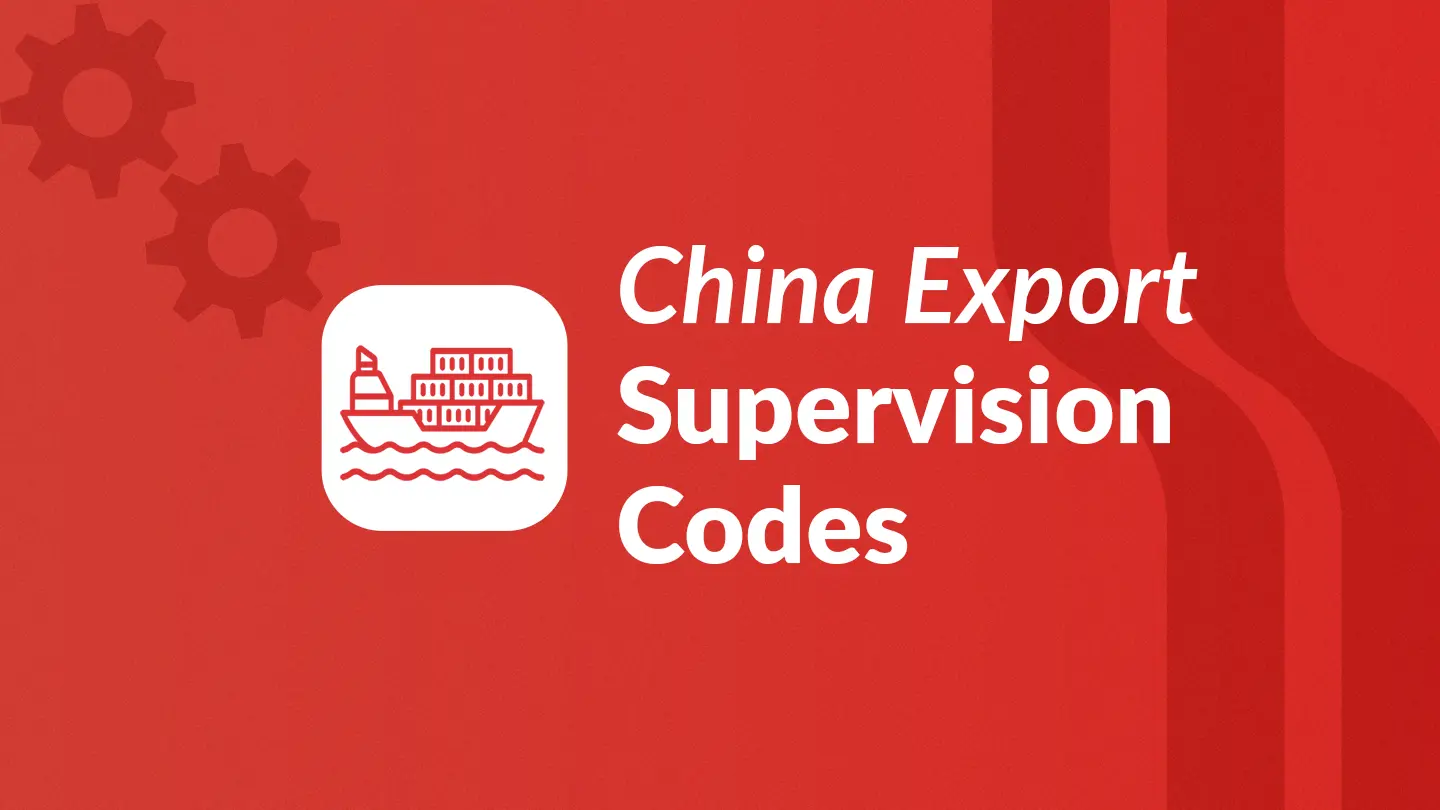The British Chamber of Commerce in China has released its 2025-26 Position Paper, calling on Chinese policymakers to speed up market access and regulatory reforms for foreign businesses.
We think the position paper really nails some of the issues we and our clients run into all the time:
- Making sure the promises from the latest U.K.-China Economic and Financial Dialogue don’t just sound good on paper, but actually get done
- Cutting through the red tape that’s been slowing business down for years
- Bringing some much-needed clarity and fairness to how regulations are enforced from one region to the next
Benjamin King, Kinyu CEO and a member of the chamber’s south China executive committee, discussed these findings (and what they mean for our clients) in a recent meeting with the chamber in Guangzhou.
You can download the full report here.
What operational challenges are your clients most focused on today?
The uncertainties around the U.S.-China tariff war are a real issue. We have U.K. and European clients with supply chains in China, and their growth potential is being curbed by U.S. tariffs on goods made in China.
They are looking to develop supply chains in alternative countries and have had some success in small ranges within their product categories. Still, overall, other manufacturing hubs are more expensive than China and often more challenging to work with. It adds a lot of complication to outsourcing manufacturing — China has made it so simple for companies that they are not used to this burden.
Are labour and compliance demands changing in the Greater Bay Area (GBA), and if so, how are U.K. firms responding?
We are not seeing major changes in labour or compliance demands. However, there are still plenty of existing challenges. As our company grows, we are hiring people in several GBA cities, including Foshan, Shenzhen and Guangzhou. To employ staff in each city, we need a separate legal entity for every location. This creates a significant operational challenge. The GBA is supposed to be about integration, but when it comes to social insurance and taxes, the region is still pretty fragmented.
Take Foshan, for example. It’s a metropolis made by merging three smaller cities (Shunde and two others). Social insurance is combined across the city, except for the personal part of medical insurance. So, if you want to go to the hospital and use your medical insurance, someone paying social insurance in Changchen district can’t use it in Shunde. It’s frustrating, to say the least.
Because of this, and with all the uncertainty from tariffs and other factors, we’re seeing companies shy away from setting up their own entities. Instead, they’re looking for more flexible options, like the employer of record model. Honestly, I don’t think companies can plan five or 10 years ahead like they used to. Flexibility is what matters now.
What other challenges are companies facing?
Another challenge companies face is social insurance. On our On The Ground YouTube channel, we interviewed a law firm that said not paying social insurance properly is the most common reason for disputesbetween foreign firms and their employees.
We’ve seen firsthand that some local Chinese firms don’t always pay social insurance correctly. But as a foreign company, we have to be much more cautious. The law is technically the same for everyone. Still, we can’t afford the risk of non-compliance, while a lot of Chinese companies seem willing to take that risk. This creates an uneven playing field.
Many of your clients are small- and medium-sized enterprises (SMEs) who aren’t always able to engage directly with the government. How helpful is chamber advocacy in unlocking practical solutions?
The British Chamber of Commerce in China really gives SMEs a voice. Big companies can afford entire government affairs teams, but SMEs just don’t have those resources. The position paper highlights that licensing and compliance requirements hit smaller companies much harder than larger ones. This is mainly because they do not have the capacity to handle all the red tape. That’s why I believe chamber advocacy is so important for SMEs in finding practical solutions.
Navigating the patchwork of policies across China is one of our biggest challenges. Each region implements these policies differently, which adds another layer of complexity for our operations. More transparency on regional differences (think: high temperature subsidies) would make a real difference. Right now, we often have to figure these things out ourselves, and then end up blogging about them!
As someone working across sectors and regions, do you feel businesses are ready to reinvest and scale in China? What’s holding them back?
I feel companies are ready to take advantage of China’s vast supply chain and manufacturing strengths. More companies are working with China not just because it can make anything and everything. They are also choosing China because it can produce higher-value products well.
Kinyu doesn’t just work with U.K. companies. We work with companies globally and also have a focus on the Brazilian market. It’s been interesting to see how the backdrop differs. I believe many U.K. companies are held back by the uncertainty caused by U.S. trade tariffs, whereas Brazilian companies are going all in on China. It’s similar to what Europe did 20 years ago!




